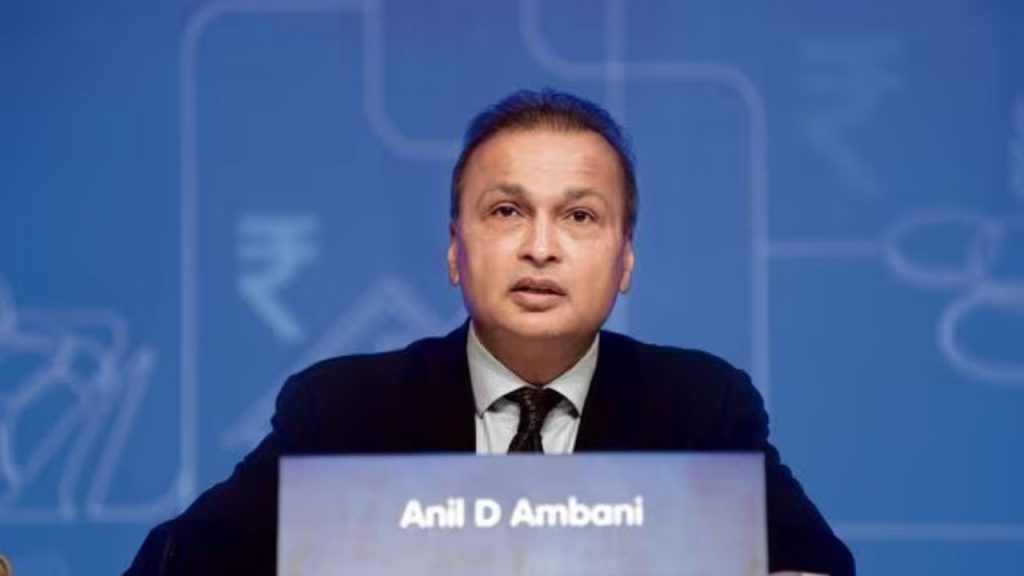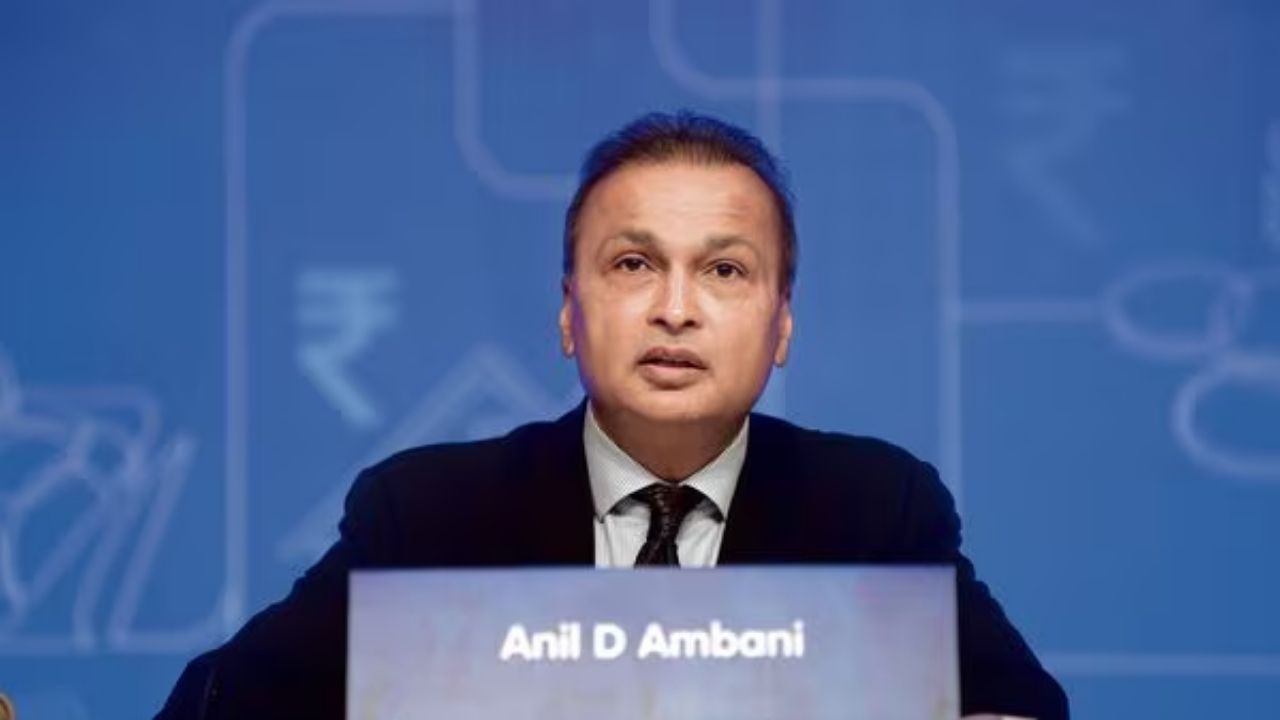Anil Ambani, the billionaire businessman and former chairman of the Reliance Group, is once again in the spotlight. This time, his companies are under investigation by India’s Enforcement Directorate (ED) for alleged financial misconduct, including the issuance of a fraudulent bank guarantee. The investigation, which also involves allegations of a ₹17,000 crore loan fraud, has sent ripples across the financial world, affecting stock prices and raising questions about corporate governance in India. In this article, we’ll break down the details of the case, explain its implications, and provide a clear guide for understanding what’s at stake.

Anil Ambani’s Reliance Group Faces ED Investigation
| Key Details | Information |
|---|---|
| Investigating Body | Enforcement Directorate (ED) |
| Allegations | Fake bank guarantee (₹68.2 crore) and loan fraud (₹17,000 crore) |
| Companies Involved | Reliance Group (Reliance Power, Reliance Infrastructure) |
| Key Individual | Anil Ambani, former chairman of Reliance Group |
| Stock Market Impact | Shares of Reliance Power and Reliance Infrastructure dropped by 5% |
| Summon for Questioning | Anil Ambani scheduled to appear before ED on August 5, 2025 |
| Contextual Source | Economic Times |
The Enforcement Directorate’s probe into Anil Ambani’s Reliance Group has drawn significant attention, especially due to its potential impact on the broader business ecosystem in India. The allegations of a ₹68.2 crore fake bank guarantee and the larger ₹17,000 crore loan fraud are not only serious financial crimes but also raise questions about corporate accountability and transparency.
Let’s dive into the specifics of these investigations and explore the practical implications for those involved.
Anil Ambani’s Reliance Group is facing one of the most significant investigations in recent times, with the Enforcement Directorate probing both a fake bank guarantee worth ₹68.2 crore and a massive ₹17,000 crore loan fraud. The outcome of this case will likely have far-reaching implications not only for Ambani and his companies but for corporate governance in India as a whole.
This situation serves as a reminder of the importance of financial transparency and accountability. For businesses and investors, staying informed about regulatory developments and understanding the risks of corporate fraud is more important than ever.
Understanding the Case: Fake Bank Guarantee and Loan Fraud
What Is a Fake Bank Guarantee?
A bank guarantee is essentially a promise made by a bank to cover a loss in case a party fails to meet its obligations. It is often used in business deals to provide security to one party that the other will fulfill their financial commitments. However, when the guarantee is fake, it creates a dangerous situation that can lead to significant financial losses and fraud.

In the case of Reliance NU BESS Limited and Maharashtra Energy Generation Limited, two of Ambani’s companies, the fake guarantee was issued to the Solar Energy Corporation of India (SECI). This ₹68.2 crore guarantee was supposedly meant to back up their business dealings. However, the ED’s investigation revealed that the guarantee was forged, using a fake email domain resembling that of the State Bank of India (SBI), which is one of India’s largest financial institutions. This act of fraud raised serious concerns about the integrity of the involved companies and their dealings.
The Loan Fraud: ₹17,000 Crore Investigation
The loan fraud investigation is even more extensive, involving a staggering ₹17,000 crore. This case revolves around loans that were allegedly diverted from Yes Bank between 2017 and 2019. These loans were reportedly used for purposes other than what they were intended for, such as covering losses or making questionable investments.
The ED’s investigation suggests that these funds were misappropriated, with a portion of the borrowed money possibly going into creating fake guarantees or other dubious activities. The seriousness of this case is further highlighted by the fact that Anil Ambani has been summoned for questioning by the ED, which has added even more pressure on his companies and their stock performance.
Why Is This Important?
These investigations are crucial for several reasons. First, they demonstrate how financial fraud can take place in large corporate structures, with far-reaching consequences not just for the involved companies, but for the broader market as well. The reliance on fake bank guarantees and misappropriated loan funds raises questions about financial oversight, corporate governance, and the responsibility of large corporations toward their investors, stakeholders, and the public.
Second, the stock market reaction to these allegations highlights the business risks associated with such investigations. The fall in shares of Reliance Power and Reliance Infrastructure by up to 5% is a clear indication of how investors are reacting to these allegations.
Finally, this case underscores the growing power of India’s financial regulatory bodies like the ED, which are working hard to ensure that financial crimes are investigated thoroughly and those responsible are held accountable.
Breaking Down the Investigations
What Is the Role of the Enforcement Directorate?
The Enforcement Directorate (ED) is a government agency in India that investigates economic crimes such as money laundering and financial fraud. It is empowered to take action against individuals and companies involved in illicit financial activities. In this case, the ED is probing the fake bank guarantee racket and the ₹17,000 crore loan fraud.
The ED has been actively conducting raids and gathering evidence. Its job is to follow the trail of financial transactions, find the perpetrators of the fraud, and ensure that the wrongdoers face appropriate legal action. The ED’s actions send a strong message that financial crime won’t be tolerated, even for high-profile figures like Anil Ambani.
What Does the Investigation Involve?
The investigation into the fake bank guarantee involves several steps. First, the ED had to verify the authenticity of the guarantee issued to SECI. They discovered that the guarantee was fake, leading them to dig deeper into the activities of the companies involved. This included conducting raids at locations in Bhubaneswar and Kolkata, uncovering shell companies and undisclosed bank accounts connected to the fraud.
On the loan fraud side, the ED is looking into how the ₹17,000 crore in loans was diverted, who benefitted from the funds, and whether any illegal activities took place during the process. The agency is working to ensure that justice is served and that any illegal gains made from these activities are recovered.
What’s at Stake for Anil Ambani?
For Anil Ambani, this investigation could have severe personal and professional consequences. If found guilty, he and his companies could face criminal charges, penalties, and sanctions. Ambani’s professional reputation, which has already faced significant setbacks in recent years, could take another hit.
Moreover, the financial instability caused by these allegations could make it even more difficult for Ambani to secure investments or take out loans in the future, potentially leading to further financial struggles for his businesses.
Odisha’s Crackdown on Fake MGNREGS Job Cards: A Step Towards Transparency
PNB Manager in Malkangiri Accused of Misappropriating SHG Funds, Investigation Ongoing
Odisha TEX 2025 Attracts Rs 7.8K Crore in Investment Proposals, Promises 53,000 Jobs
FAQs
1. What is a bank guarantee, and why is it important?
A bank guarantee is a promise by a bank to cover a loss if one party fails to meet its financial obligations. It’s commonly used in business deals to ensure trust between two parties. If the guarantee is fraudulent, it can lead to financial loss and legal trouble for everyone involved.
2. How does a loan fraud happen?
Loan fraud occurs when loans are diverted or misused for purposes other than those intended. In the case of Ambani’s companies, funds were allegedly taken from Yes Bank loans and used for fraudulent activities like issuing fake guarantees.
3. How does the Enforcement Directorate investigate financial fraud?
The Enforcement Directorate (ED) follows the paper trail of financial transactions to trace the flow of money. It conducts raids, gathers evidence, and takes action against individuals or companies involved in illegal financial activities.
4. What impact will this investigation have on Anil Ambani’s companies?
The investigation is likely to affect Reliance Power and Reliance Infrastructure, as their stock prices may decline further if the allegations are proven true. The reputation of Ambani’s companies could also suffer, making it harder for them to attract investment or secure future business deals.





